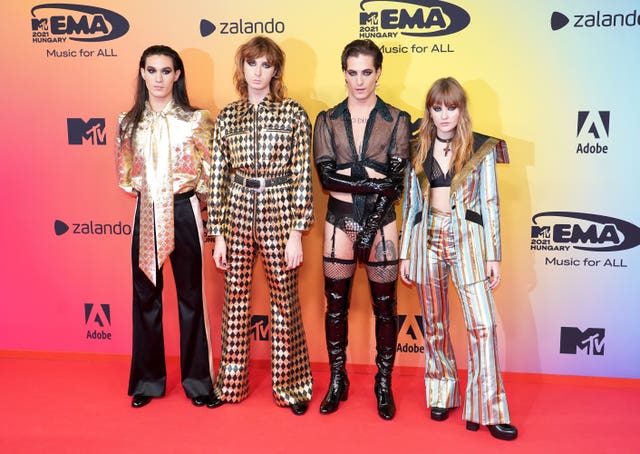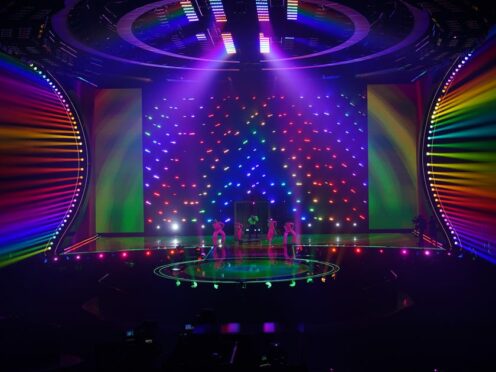Eurovision boss Martin Osterdahl has said the contest returning to the UK for the first time in 25 years could encourage the country to “fall in love with it again”.
Speaking on BBC Radio 4’s Today programme, the European Broadcasting Union’s (EBU) executive supervisor for the event said it had changed in the intervening years and was now capable of producing a new kind of global music star.
In recent years, former winners such as Italian rockers Maneskin and Dutch singer-songwriter Duncan Laurence have gone on to have successful international careers, including hits in the UK.

There has also been a boost in domestic interest in the contest since TikTok star Sam Ryder turned the UK’s fortunes around at last year’s event in Turin, coming second.
Swedish television producer Mr Osterdahl said: “The Eurovision Song Contest hasn’t been to the UK in 25 years and it has grown immensely in that time, so I think a lot of people in this country will fall in love with it again.”
He said the kind of star produced by the contest had “certainly” also changed.
“When you talk about the Eurovision Song Contest and musical success, back in the day you always referred to Celine Dion or Abba, but we have seen in recent years that the Eurovision Song Contest is really a launching pad for artists to achieve global success,” he added.
Mr Osterdahl, who succeeded veteran Jon Ola Sand in the role for the 2021 contest, said the EBU expected 85 million people to watch the grand final in some capacity.
He also praised the city of Liverpool for “embracing” the contest.
He added: “We felt that from the first moment we came to this city. It is great to see now how local communities and small businesses are taking this on board and making the most of it.
“The atmosphere already now early in the week is what we usually have around the final night. It is extraordinary.”
The Eurovision semi-finals will be broadcast on BBC One on Tuesday and Thursday, with the grand final taking place on Saturday from 8pm.
